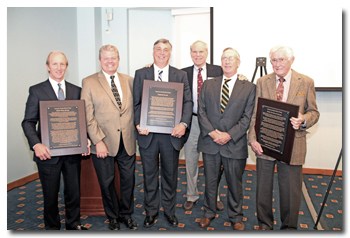By a vote of 79 to 19, the U.S. Senate has voted to invoke cloture on S.1619, the Currency Exchange
Rate Oversight Act of 2011, which addresses foreign currency undervaluation and aims to provide an
equitable marketplace in which U.S. products can compete with foreign goods. Similar in scope to
H.R. 2378, the Currency Reform for Fair Trade Act passed overwhelmingly by the House of
Representatives in 2010, the bipartisan bill details U.S. Department of Commerce responsibilities
related to investigation on a case-by-case basis of alleged currency subsidies and their effect on
U.S. exports.
The Fair Currency Coalition and the National Textile Association (NTA) strongly support the
bill and are urging its swift passage. In a letter sent to the Senate prior to the vote, the Fair
Currency Coalition noted that the bill “will create jobs, reduce deficits, and stop countries like
China from weakening our economy by unlawful means like currency manipulation.” The letter included
a petition signed by 129 national and state business, labor and agriculture organizations,
including NTA and several other associations representing the interests of the textile industry;
and 333 individual companies, including a number of textile manufacturers, from 40 states.
In its blog posted on October 3, NTA stated: “The positive impact of S.1619 to America’s
textile industry would be enormous. U.S. exports would rise and more jobs would be created. More
U.S. research and development would be encouraged and new investment in new plant and equipment
would grow. Finally, the U.S. economy would be stimulated without incurring any new public debt or
budgetary expenditures.”
The National Retail Federation (NRF) opposes the bill, warning that a loss of U.S. jobs could
result if the bill passes and that its passage could bring on a trade war with China. “The gains in
jobs that could be seen are minimal at best, and billions of dollars in trade and employment at
American companies that do business with China would be put at risk. It would do nothing to reduce
the trade deficit because trade would simply move to other Asian countries,” said NRF Vice
President and International Trade Counsel Erik Autor.
October 4, 2011





